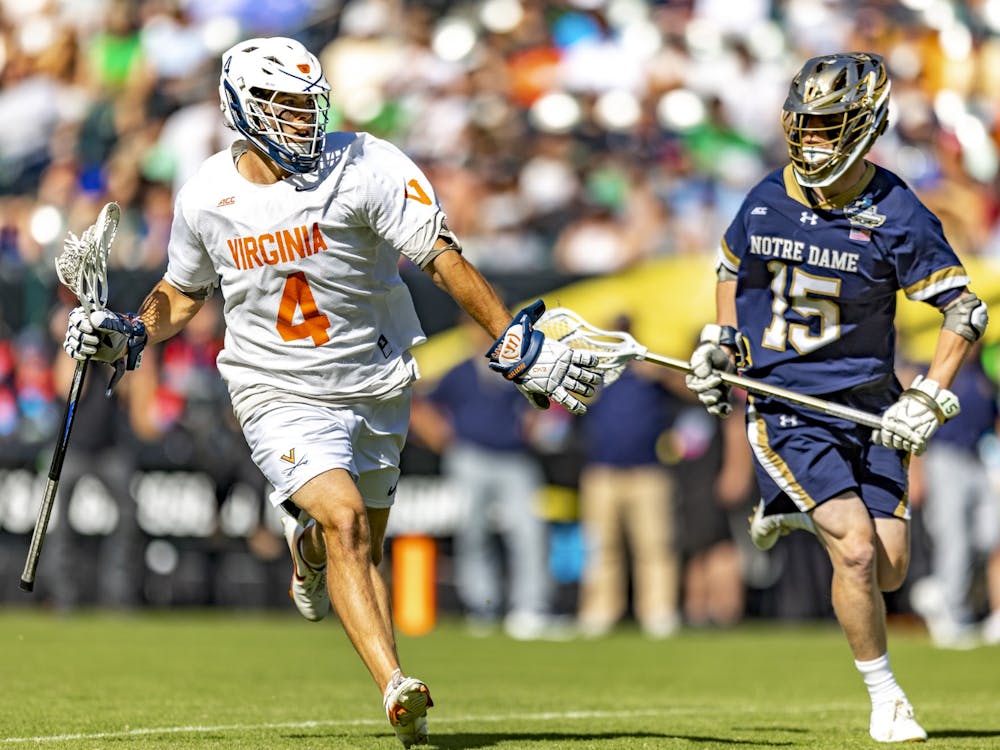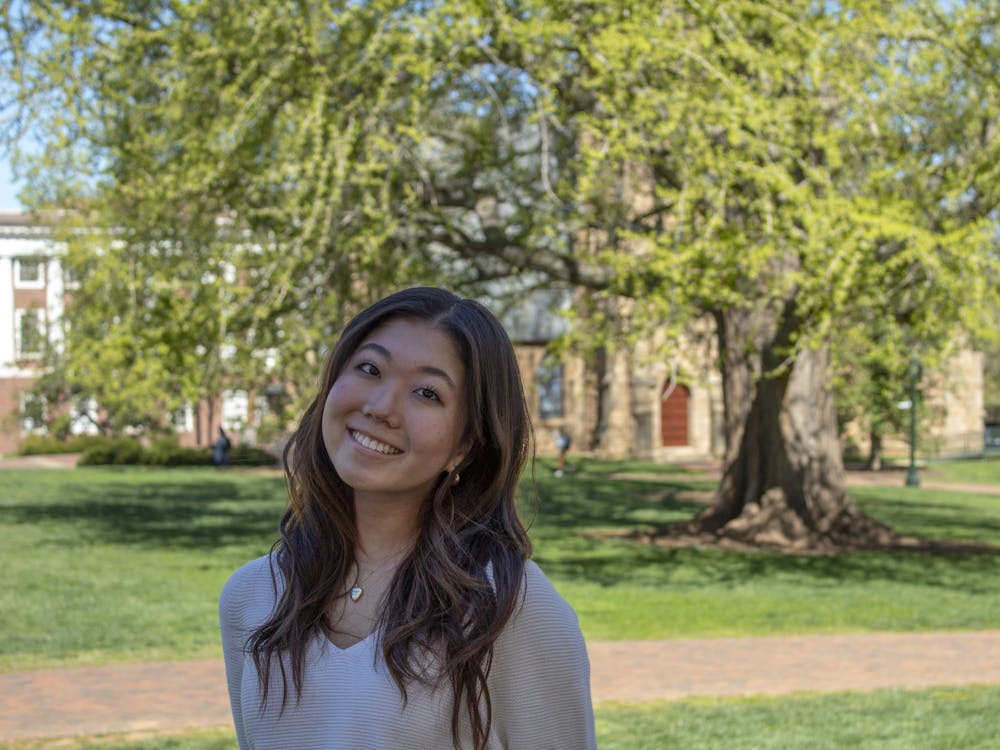The concept of a living wage is not radical. Simply defined, it is a wage that rises in tandem with inflation and is tailored to cover basic needs in a given community — essentially what the minimum wage does in theory, but not in practice. After years of organizing, the Living Wage Campaign has been driven to actions that have been, at times, confrontational in response to the administration’s failure to work toward fair pay for our university’s lowest-paid workers.
Since the formation of the current group (the Living Wage Campaign) in 1997, students, faculty and community members have brought attention to the reality that those at the bottom tier of the University’s employee pay bracket earn far less than an adequate yearly salary to live securely within the Charlottesville-Albemarle area. In this time, the Campaign has turned to a variety of tactics to engage with students and work directly with the administration. We have held teach-ins, rallies, signature-gathering campaigns, and have had meetings with administrators and Board of Visitors’ members year in and year out. University officials have made promises of progress that have been left partially or wholly unfulfilled.
In 2006, after various actions failed to yield an honest dialogue about employee wages, 17 students undertook a sit-in of Madison Hall that resulted in their arrests. In 2010, the Campaign regained momentum and worked optimistically to build a collaborative relationship with the incoming University President Teresa Sullivan. However, the administration has simply reiterated its refusal to undertake reforms toward a living wage seriously, in spite of the fact that Sullivan herself has explicitly advocated for its necessity in her work as a labor sociologist. In February 2012, the Campaign undertook a hunger strike that lasted 13 days. During the strike, 26 students placed their health on the line in order to highlight the urgency of their concerns; the administration refused to meet with them for 10 days.
In 2000, 2006 and 2012, the University implemented wage increases for low-paid workers, but did not raise the pay to an adequate living wage and made no commitment to index wages according to inflation by year. Every significant raise in the last decade and a half was won by dramatic action from the Living Wage Campaign, yet the University has never publicly acknowledged the influence of our actions on their policies.
When concerned students, faculty, and community members have attempted to engage with the administration, we have been met with avoidance, stonewalling and a refusal to disclose basic information about the University’s employment practices. Living wage campaigns at other campuses that modeled themselves after the University’s original 1997 organization have succeeded in attaining their goals, yet our administration chooses to neglect this issue. What more will it take for them to take our concerns seriously?
The notion that all members of our community deserve fair pay for honest work may shift the status quo, but it is by no means economically unreasonable. In fact, it is a modest goal. According to an administrative email obtained the Campaign obtained through a Freedom of Information Act request, the “total cost” of getting minimum pay to $13 an hour was just over $2 million — a small sum when compared to the University’s nearly $2.5 billion yearly operating budget. Clearly, this is an issue of allocation and priorities rather than ability.
There are no longer any excuses for an administration that publicly touts its engagement with students yet willingly turns a blind eye to inconvenient economic realities when we call attention to these issues. It’s time the administration told us: what more will it take?
Raty Syka is a 2011 graduate of the University. Fellow Campaign members Laura Goldblatt, Dannah Dennis, Emily Filler, David Flood, Tyler Robbins, Ajay Chandra, Anup Gampa and Claire Wyatt also contributed to this piece.




